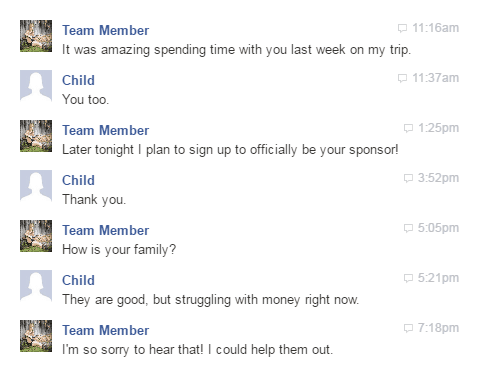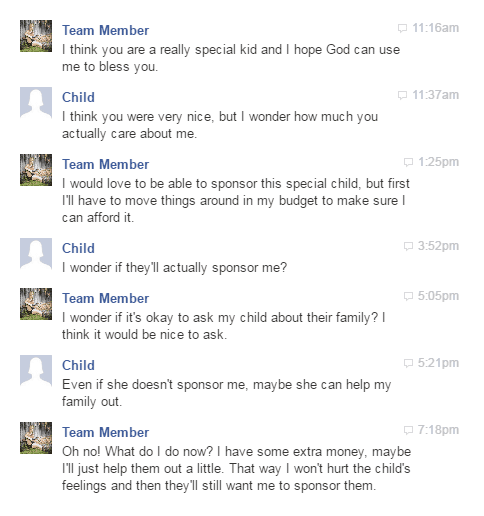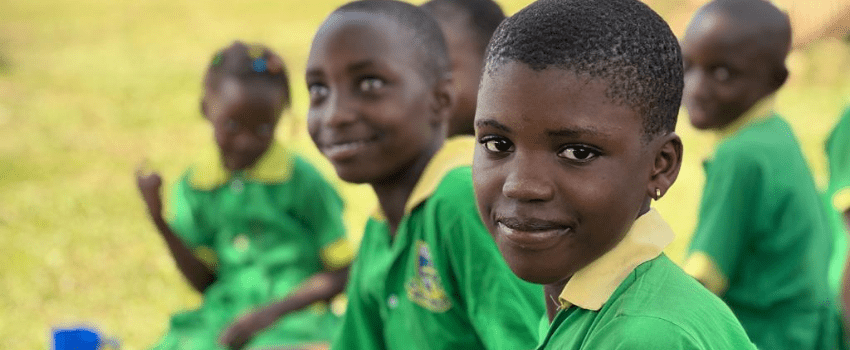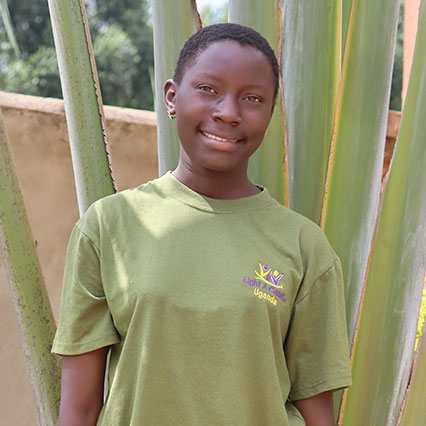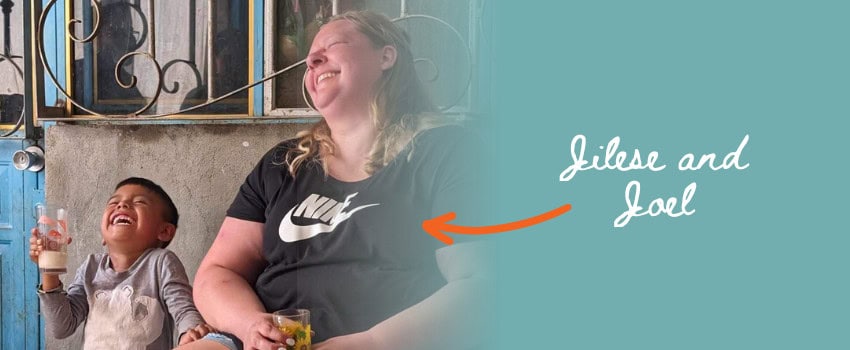
Divine Encounters in Oaxaca: Reflections from a Mission Trip
Bold Obedience In life, some moments stand out as divine interventions, where God’s hand is unmistakably at work. Mission trips are often such moments, where lives intersect with purpose, and hearts are transformed in ways beyond measure. Jilese’s recent journey to Oaxaca, Mexico, serves as a testament to this truth.

